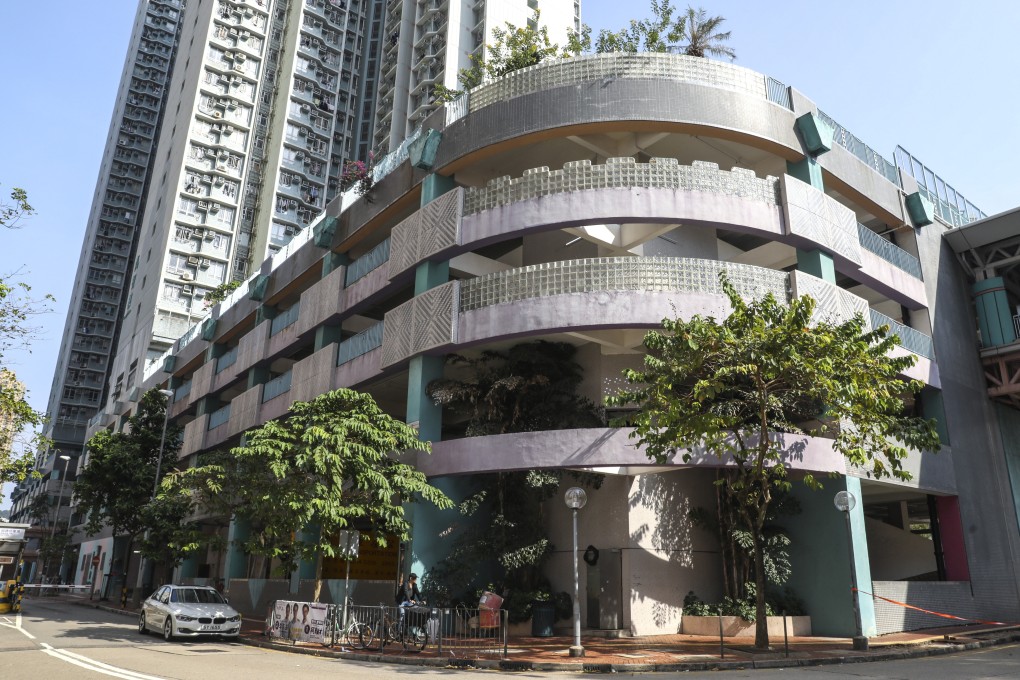Hong Kong coroner reveals emergence of ‘very important’ new CCTV footage at inquest into student’s death following car park fall
- Ko Wai-hung says images have potential to impact course of the probe into death of 22-year-old student Alex Chow
- Doctor suggests Chow may have been attacked before he fell four metres inside a car park near where police were dispersing protesters

New security footage which could play a “very crucial” role at an inquest into the death of a university student who fell near an anti-government protest last year was discovered on Thursday, the coroner has revealed.
The inquest also heard a doctor suggesting that Alex Chow Tsz-lok might have been attacked before he fell four metres inside a Tseung Kwan O multi-storey car park.
The 22-year-old student at Hong Kong University of Science and Technology was believed to have fallen from the third floor of Sheung Tak Estate car park in the small hours of November 4, 2019, when police officers were dispersing protesters at a nearby demonstration by firing tear gas rounds and other anti-riot ammunition. He died in hospital four days later.
It remains unclear how Chow fell, as nobody witnessed it happening, and no security cameras were able to fully capture the student’s movements inside the building.
In previous proceedings, lawyers for Chow’s family suggested that surveillance footage at the adjacent housing estate, Kwong Ming Court, could provide clues to the investigation, but a police detective tasked with reviewing security footage said he found nothing of use there.
On Thursday, Coroner Ko Wai-hung said he had discovered a CCTV clip at the residential estate which could potentially impact the probe’s direction and the evidence to be given by forensic experts in future proceedings.
He stopped short of detailing what was in the clip, saying he needed to first review all security footage from the housing estate and ensure the police investigation was complete before the court inquiry continued.